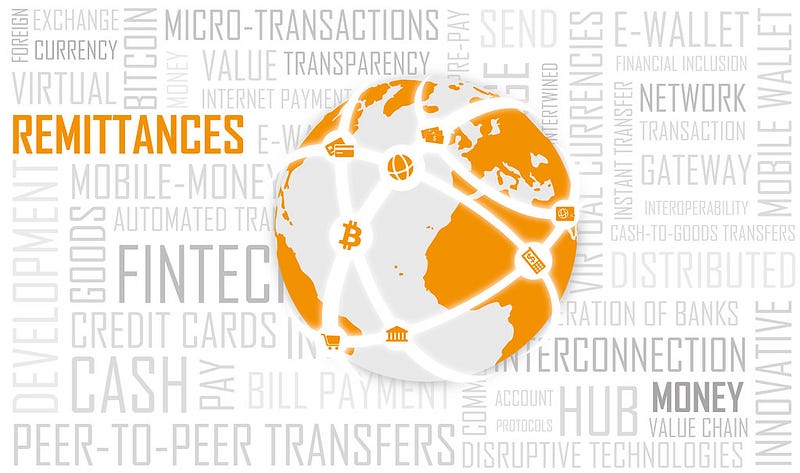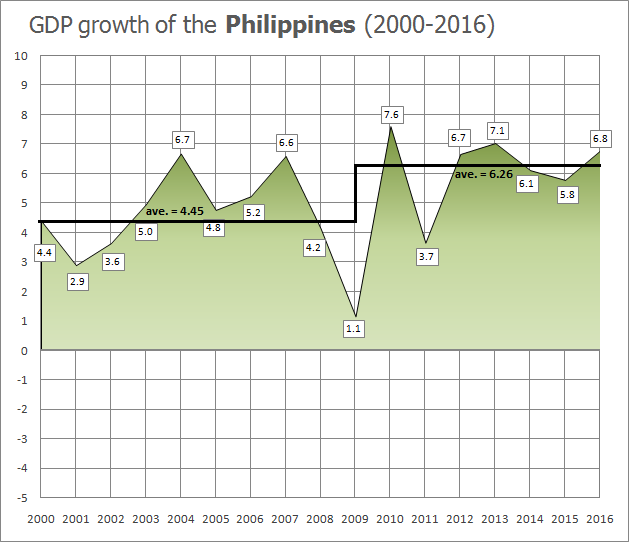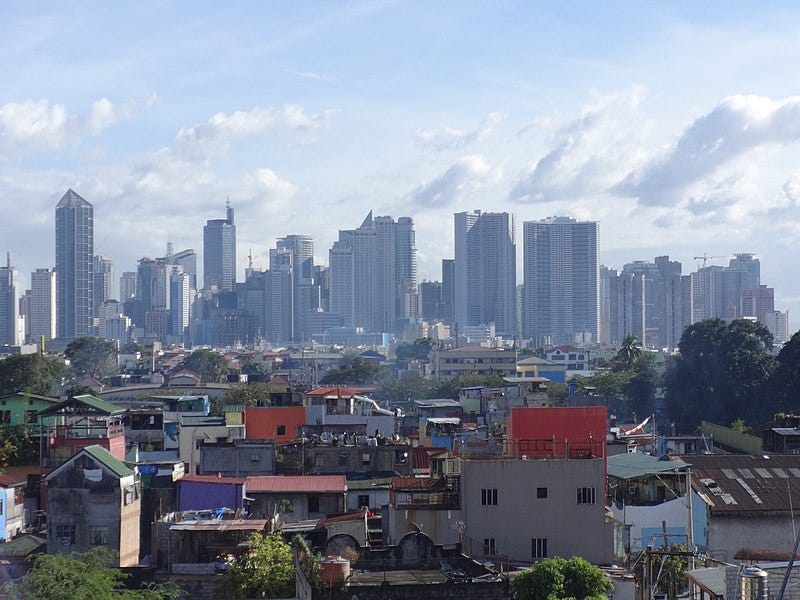Remittances
Date Posted: 23/07/2020

It is commonly known that Filipino Workers or OFW’s abroad are the main contributors to the Philippines’ economic development. The money they send home as a refund gives their families the means to pay for essentials, such as food, bills, and tuition, and even a few surprises from time to time.
These expenditures, often called domestic consumption, are a crucial component of gross domestic product (GDP), the most widely recognized measure of national economic growth.
The data helps highlight the importance of remittances to the Philippines. According to the latest data from the Philippines Statistics Authority (PSA), 2.3 million Filipinos are living and working abroad.
Bangko Sentral n Pilipinas (Central Bank of the Philippines or BSP) estimates that it sent more than $ 33.5 billion in 2019, which represents almost 10% of the country’s GDP.
It ranks the Philippines fourth on the list of recipients of global transfers, behind India (first), China (second), and Mexico (third).
Recordings continue to progress at a steady pace.
Preliminary 2019 figures released by BSP show personal remittances to the Philippines reached $ 3.2 billion in December. The highest monthly volume in five years. An increase of 2% in 2018 and 3.9% in 2019 compared to the previous year and increased on average by 4.7% in 2014.
Described above is a macro view of the remittance scenario in the Philippines. But how does this translate into an improvement in the daily lives of the people of the country? And how does money indirectly benefit the economic development of the Philippines?
Escaping the Poverty Trap
Above all, remittances help Filipinos out of poverty.
Returning to data published by PSA, between 2015 and 2018, the incidence of poverty, the percentage of families whose income level is below the poverty line, went from 22% to 16%.
Over the same period, total annual remittances increased by 13%, from $ 25.6 billion to just under $ 29 billion.
As incomes have increased over the past four years, the number of people living in poverty has decreased.
There are other factors for the heavy dependence on remittances from the Philippines. The money returned by OFW’s also helps their families escape poverty when they face adversity.
In the occurrence of unforeseen life events, such as a sick person or a natural disaster, sending money back home provides a safety net in the form of financial resources to deal with any unforeseen problem.

A Consumer Expectations survey (ESC) published by BSP in late 2019,
“Of the 473 households included in the survey that received OFW remittances for Q4 2019, 97.3% used the remittances that they received to purchase food and other household needs. Further, the percentage of OFW households that apportioned their remittances for savings (38.5%) as well as the purchase of consumer durables (20.7%) and motor vehicles (9.3%) increased compared to the previous quarter’s survey results. Meanwhile, the proportion of OFW households that allotted part of their remittances for education (64.5%), medical expenses (44.6%), debt payments (20.1%), purchase of a house (9.3%), and investment (5.1%) decreased compared to a quarter ago.”
Promote Entrepreneurial Activity
Another interesting fact from the CES is that 5% of households use remittances for investments, some of which are used for commercial activities. Micro, small and medium-sized enterprises, called MSMEs, are the backbone of the Philippine economy.
According to the Ministry of Trade and Industry, they represent more than 99% of companies operating in the country. They employ more than 5.7 million people, 63% of the total jobs in the Philippines, and contribute 35% of the national economy’s overall value.
Micro-enterprises, which require the least initial capital and are therefore relatively easy to set up, represent 88% of the EMME.
Another way in which remittances boost economic development in the Philippines, MSMEs create jobs and thereby put money back into the pockets of their
employees.
These wages are then recycled when workers spend on local goods and services, further increasing domestic consumption. MSMEs also relieves other families of poverty who cannot depend on remittances by offering them jobs.
Finally, they can also reduce the need to travel to the Philippines to improve their situation, as more opportunities will be available at home.

Towards A More Prosperous Future
The Philippines’ remittance statistics provide convincing evidence of how the money sent by OFW manages the national economy but does not tell the whole story.
There are other ways in which remittances can help improve the unregistered standard of living.
Families can use their savings to build stable homes or to upgrade their existing homes to better cope with natural disasters. Having money to improve health care saves lives as essential drugs become affordable.
If families decide to buy a car, they can get to the hospital faster, while greater mobility also opens up a wide range of employment opportunities.
Education is just as important. It is one of the best investments a parent can make to ensure that their children are not trapped in poverty.
Children learn skills that they can use to secure future employment and improve health standards. Then there are the local traditions that play such an essential role in the Philippines.
Buying gifts for members of the extended family may not be a priority in other parts of the world, but it is an integral part of Filipino culture.
In summary, the Philippines’ remittances contribute to the local economy, generating demand for goods and services. However, their impact on the human level deserves to be taken into consideration. The money sent by the OFW gives hope to families left behind so that they can build a better and more prosperous future, which can reduce the need for future generations to move abroad.

References:
http://www.bsp.gov.ph/downloads/Publications/2019/CES_4qtr2019.pdf
http://www.bsp.gov.ph/statistics/keystat/ofw.htm
http://www.bsp.gov.ph/statistics/keystat/ofw.htm
https://psa.gov.ph/poverty-press-releases/nid/138411

